You have no items in your shopping cart.
Post Requirement
What is a Mortar?
Mortar is commonly used for binding building blocks and for plastering the masonry surface, which is an intimate mixture of inert cementing material like mud, lime, cement or a combination of these and fine aggregates like sand and water.
Types of Mortars:
Cement mortar:
It is an intimate mixture of cement, sand, and water. It may be hand mixed or machine mixed. The mortar should be used within half an hour of adding water and should be re-tempered by adding water every 15 minutes to be used for little later. The strength of the mortar depends on the proportion of sand and cement mixed.
Uses of Cement Mortar:
• To bind masonry blocks like stones, bricks and to plaster slabs and walls.
• It is used to give neat finishes to the wall, concrete surfaces, and pointed joints to masonry.
• It is also used to prepare concrete blocks, to fill joints and cracks in walls and as a filler material in stone masonry and Ferro-cement works.
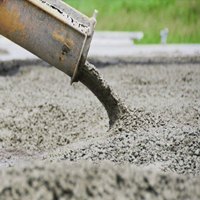
Mud mortar:
Mud mortar is made by adding sand and clay in such proportion that when they mixed with water, they should not be any cracks after drying. Stones should not be present in the mixture to avoid cracks on walls in later. To get better-plastered surface, small quantities of hydrated lime, bitumen and cow dung is added.
This mortar is cheap, less durable and is commonly used for the construction of cheap houses, temporary sheds for animals.
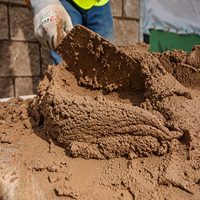
Lime mortar:
It is composed of lime and sand with water and is one of the oldest known types of mortars. Fat lime or hydraulic lime and inert materials like sand, surkhi or cinder are used for making lime mortar.
These mortars are quite plastic and workable and develop strong bonds with building blocks. The famous historic structure Charminar in Hyderabad was the first monument in the world constructed using lime mortar and granite.
Fat lime mortar is used for plastering, and hydraulic lime mortar is for masonry works. The flexible properties of cement mortar have completely replaced lime mortar in the market.
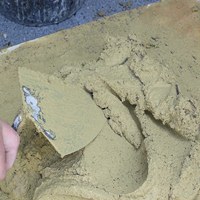
Special mortars:
These mortars are prepared for specific requirements and they include:
Cement clay mortar: The quality of clay mortar is improved by adding cement to the mixture in the proportion of 1:1 clay to cement. Cost increases and also the durability by addition of cement.
Gauged cement mortar: This mortar is obtained by adding cement to lime mortar and then mixed with sand. This mixture should be used within 30 minutes of adding water. It is cheaper than cement mortar, and quality is in between cement and lime mortar.
Decorative mortar: These mortars are prepared by using colored cement to give to decorative finish to wall surfaces.
Functions of Mortars:
• It is used to cover unevenness of the constructed surface.
• Mortar plaster gives a smooth finish.
• Mortar binds the building blocks and makes them stronger.
• Mortar helps to provide even surface for laying courses of building blocks.
Know more about the Types of Cement and their Uses
Technically Reviewed by Rajesh Pagadala, MS, Founder & CEO - BuildersMart. Written by Vani paspula, Content Manager.
Vani Paspula



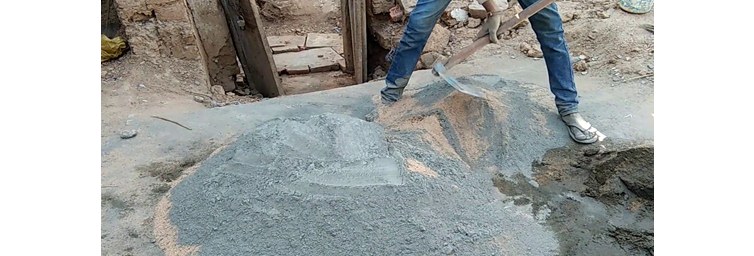





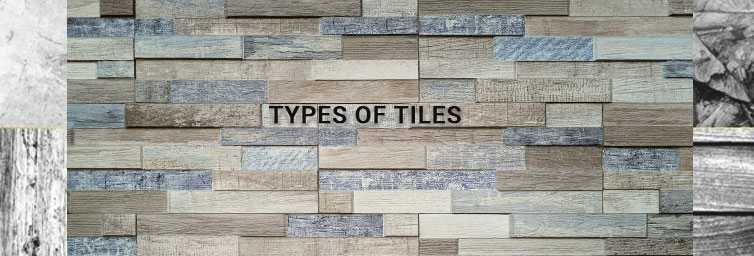


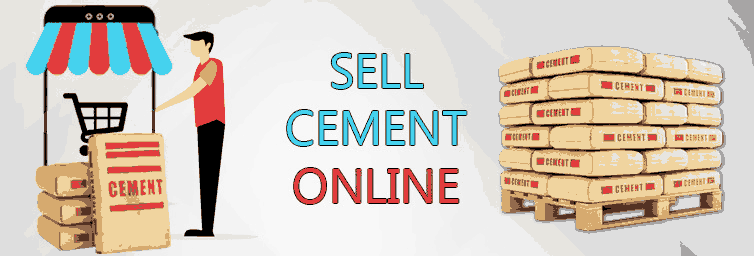

Subhash
posted on Mar 26, 2021 7:16:38 PM